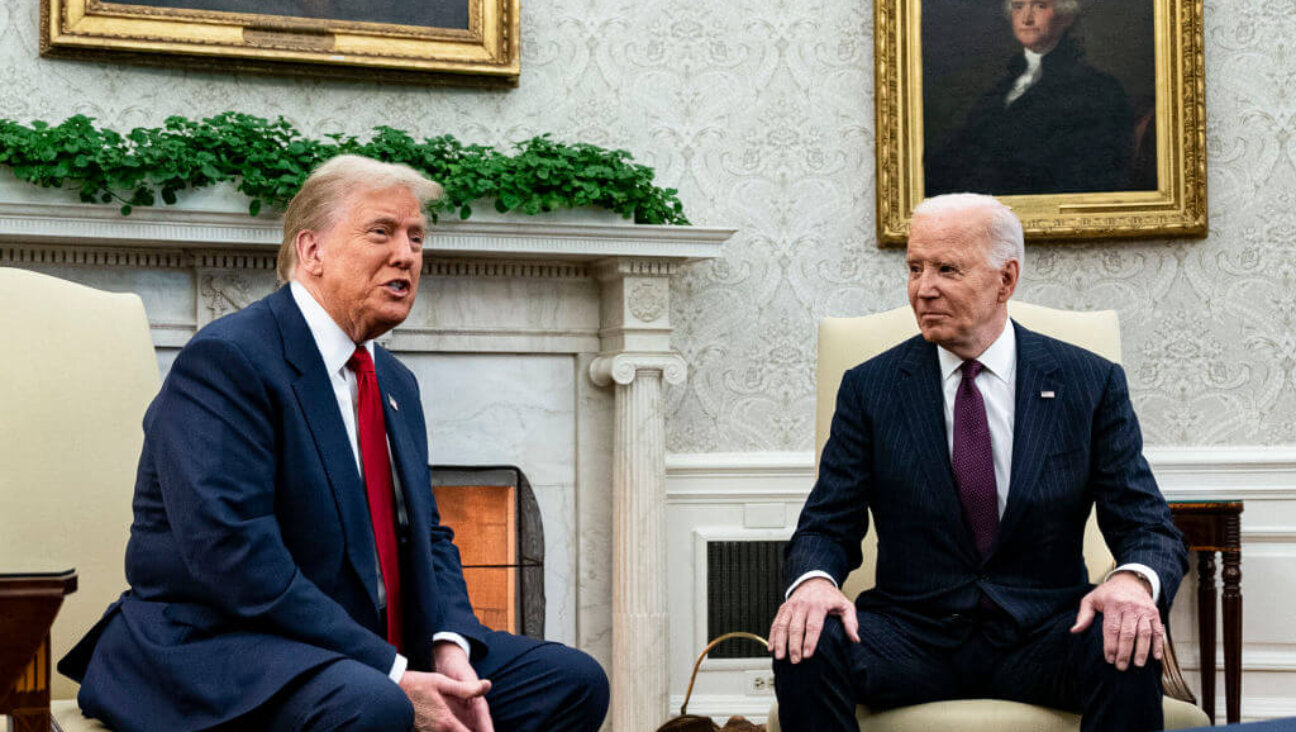Did Israel Carry Out ‘Dry Run’ for Iran Bombing Mission?
Israel violated Iranian airspace in 2012 in what U.S. officials interpreted as a dry run for a strike on the Islamic Republic’s nuclear facilities, the Wall Street Journal reported.
According to the Journal’s report Friday, the United States had “closely monitored Israel’s military bases and eavesdropped on secret communications” during 2012, fearing that Israel was planning an attack on the Fordo nuclear site in Iran.
The report paints an image of two long-term allies increasingly suspicious of each other, keeping their own secrets and launching covert activities.
According to the report, “[n]erves frayed at the White House” when the United States discovered Israeli air activity over Iran, and Washington dispatched an aircraft carrier to the Mideast and also prepared attack aircraft, in case, as one senior American official told the Journal, “all hell broke loose.”
An Israeli plan to attack the heavily fortified Fordo from the inside was deemed to be a “suicide mission” by the United States, which refused to sell Israel the materiel it felt was needed to carry out the strike, the Journal reported.
U.S. officials, according to the Journal, believed that Israel was serious about striking Iran and the Obama administration stepped up surveillance of Israeli air activity. Israel was found to be practicing “strike missions” and undetected flyovers in Iran.
Relations between Jerusalem and Washington had begun to deteriorate by then. Obama and Netanyahu found themselves further and further apart by 2009, once they had both taken office. Netanyahu had been told by Republican lawmakers that Obama was “pro-Arab,” the journal reported, quoting unnamed Israeli officials. Those conversations had subsequently reached the White House.
As a result, the newspaper said, the president took steps to reassure Israel, including an expansion of existing joint covert operations against Iran and increased cooperation between the CIA and the Mossad.
The ties began to significantly deteriorate following a May 2009 meeting between the two leaders at the White House, after which Netanyahu began briefing reporters without first coordinating with the U.S. administration.
Amid growing mistrust, Washington decided to keep Jerusalem in the dark about the secret negotiations with Iran, according to the Journal. It also convinced Washington that a diplomatic solution was urgently needed.
A message from our Publisher & CEO Rachel Fishman Feddersen

I hope you appreciated this article. Before you go, I’d like to ask you to please support the Forward’s award-winning, nonprofit journalism so that we can be prepared for whatever news 2025 brings.
At a time when other newsrooms are closing or cutting back, the Forward has removed its paywall and invested additional resources to report on the ground from Israel and around the U.S. on the impact of the war, rising antisemitism and polarized discourse.
Readers like you make it all possible. Support our work by becoming a Forward Member and connect with our journalism and your community.
— Rachel Fishman Feddersen, Publisher and CEO























